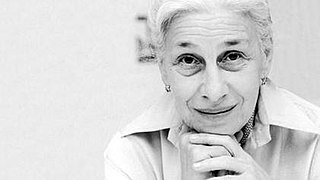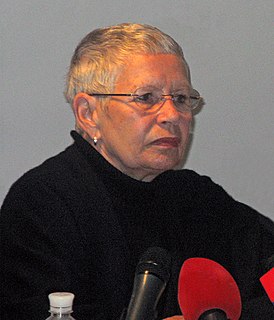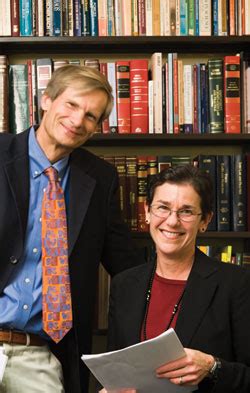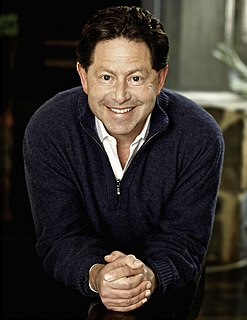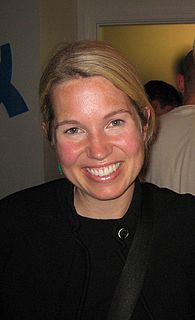A Quote by Kevin Systrom
It's funny: I was a photographer before I was a programmer.
Quote Topics
Related Quotes
Before 'Dilbert,' I tried to become a computer programmer. In the early days of computing, I bought this big, heavy, portable computer for my house. I spent two years nights and weekends trying to write games that I thought I would sell. Turns out I'm not that good a programmer, so that was two years that didn't work out.
The programmer, who needs clarity, who must talk all day to a machine that demands declarations, hunkers down into a low-grade annoyance. It is here that the stereotype of the programmer, sitting in a dim room, growling from behind Coke cans, has its origins. The disorder of the desk, the floor; the yellow Post-It notes everywhere; the whiteboards covered with scrawl: all this is the outward manifestation of the messiness of human thought. The messiness cannot go into the program; it piles up around the programmer.
When we take the position that it is not only the programmer's responsibility to produce a correct program but also to demonstrate its correctness in a convincing manner, then the above remarks have a profound influence on the programmer's activity: the object he has to produce must be usefully structured.
I think that's the responsibility of the CEO and the CEOs below me: to make sure that we're constantly putting people in places where they have the opportunity to develop into those careers but also having a rewards and recognition system that allows a great programmer to stay as a great programmer.

